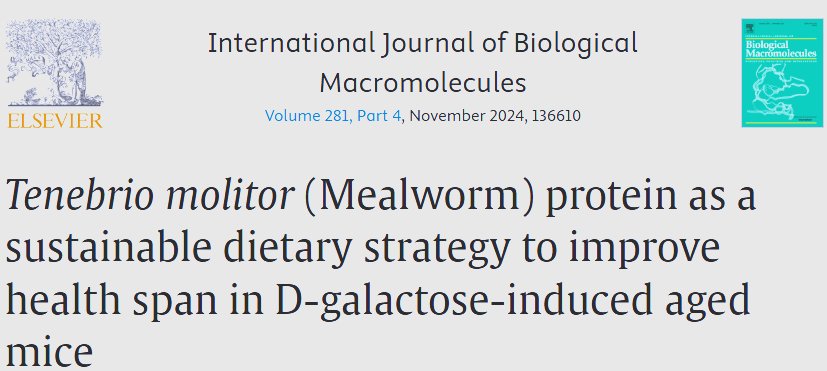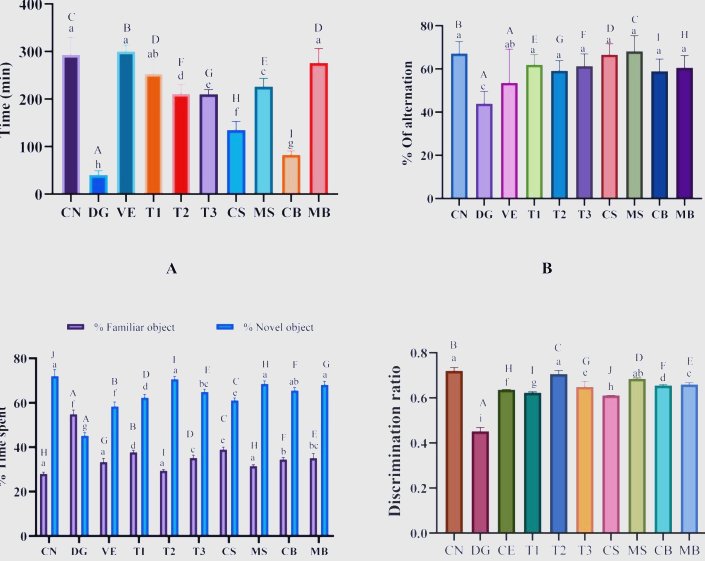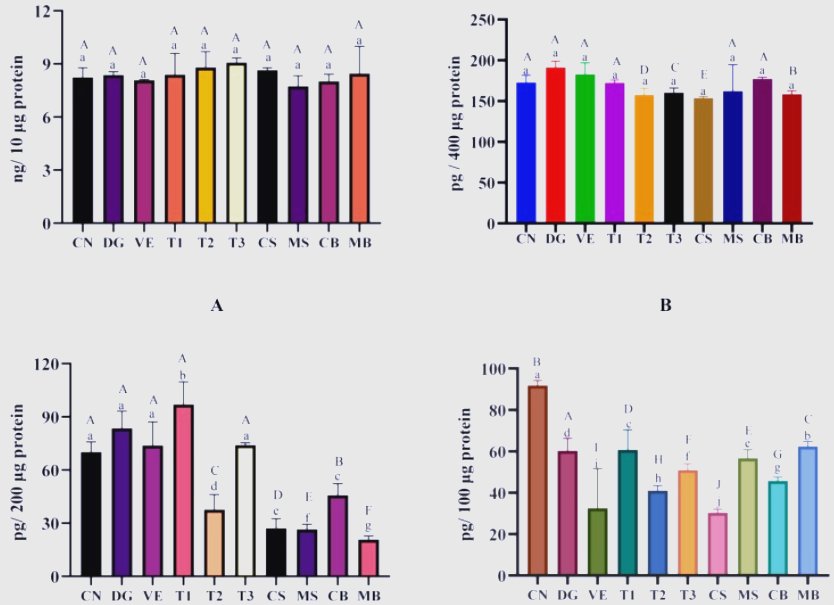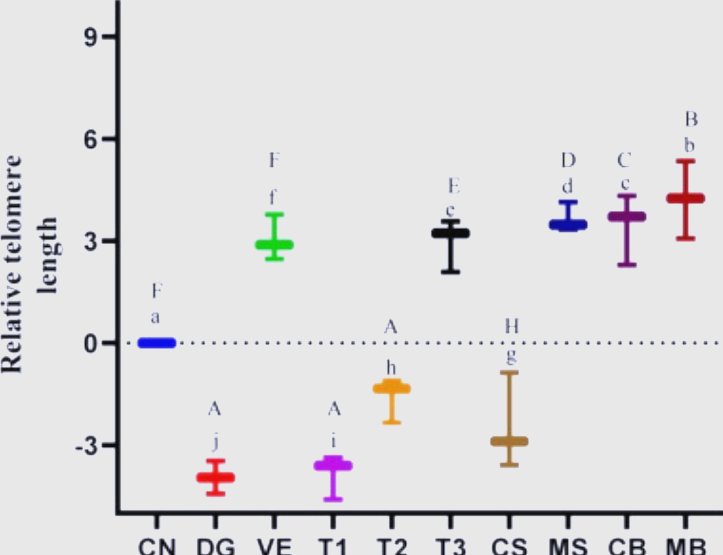No. 1-2, Songyun Road, Zhangjialou Town, Huang dao District, Qingdao City, Shandong Province
Room 1602, Building C, International Trade Building, No. 228, Changjiang Middle Road, Huangdao District, Qingdao City, Shandong Province

Aging is the common root of many age-related diseases, such as type 2 diabetes, osteoporosis, Alzheimer's disease, and even cancer, which have brought a heavy burden to society. Therefore, it is particularly urgent to explore ways to delay aging and extend healthy lifespan. Mealworm, a beetle known as "mealworm", is not only nutritious, but also found by scientists to have the potential to delay aging. Recently, Pradeep Singh Negi's team at the Indian Institute of Science and Innovation published a new study in the internationally renowned journal "International Journal of Biomacromolecules", revealing the unique role of mealworm protein in extending healthy lifespan. The study showed that mice that have been fed with mealworm larvae protein for a long time have significantly reduced inflammation levels and oxidative stress, improved metabolism, and effectively alleviated the phenomenon of telomere shortening, thus achieving the goal of delaying aging and extending healthy lifespan.

During the research process, scientists first conducted an aging induction experiment on mice using D-gal. The results showed that the motor ability and coordination of mice treated with D-gal decreased, and cognitive and memory functions also declined significantly. However, when these mice were fed with mealworm larvae protein, their motor functions were significantly improved, and the neurological decline associated with aging was also effectively alleviated.

As an important sign of aging, inflammation has also received widespread attention from scientists during the research process. In order to further explore the effect of mealworm larvae protein on inflammation in the body, they conducted relevant experiments. The results showed that after D-gal induction, the level of inflammation in mice increased significantly. However, when these mice were fed with mealworm larvae protein, the level of inflammation in their bodies decreased significantly, especially the levels of three inflammatory factors, TNFα, IL-6 and IL-1β.

Finally, scientists further explored the effect of mealworm larvae protein on telomere length. The experiment found that the telomere length of mice treated with D-gal was significantly shortened, while the telomere length of mice fed with mealworm larvae protein was significantly restored.

In summary, this study revealed that mealworm larvae protein has a protective effect in D-gal-induced aging mice and can effectively improve the overall health of mice. This discovery provides new hope for promoting the development of healthy aging.